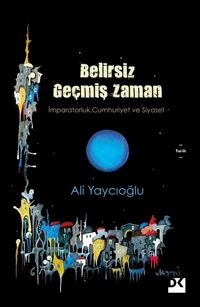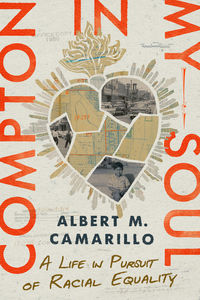Plagues and Pandemics in World History: A Series of Historical Conversations

Covid-19 has prompted many within the History Department to reflect on what our own areas of research can tell us about our current predicament. This series, Plagues & Pandemics in World History, is our collaborative effort to thoughtfully reflect upon the range of human responses to plagues (contagious bacterial diseases) and to pandemics (disease that spreads across a large region), over both time and space. Our discussions span - to name just a few examples - plagues in medieval Europe, Yellow Fever in Antebellum Louisiana and HIV-AIDS in contemporary South Africa. We trace the core debates that have emerged at different historical and geographical junctures, including the tension between popular opinion and scientific expertise, the emergence of new forms of social capital linked to immunity, and the economic and material implications of bodily hardship."
The arrival of coronavirus in different parts of the world has raised many fundamental issues about medicine, public health, plagues and pandemics, social distancing practices, the cultural origins of fear, the nature of economic health, and many other issues. Read what Stanford historians have been saying on many of these issues:
- Gordon Chang, "'Run Them Over': The Rise of the New Sinophobia and Its Dangers to Us All," Quincy Institute for Responsible Statecraft (March 27, 2020)
- Walter Scheidel, "Why the Wealthy Fear Pandemics," NYT (April 9, 2020)
- Katharyn Olivarius, "The Dangerous History of Immunoprivilege," NYT (April 12, 2020)
- Gordon Chang, "Our Fifth Extreme Isolation," The American Scholar (April 17, 2020)
- Paula Findlen, "What Would Boccaccio Say about COVID-19?" The Boston Review (April 24, 2020)
- David Kennedy "The Great Depression demonstrated the indispensable role of government, says Stanford scholar" (April 29, 2020)
- Paula Findlen "Petrarch's Plague: Love, Death, and Friendship in a Time of Pandemic" (June 11, 2020)
Past Events
Department Bookshelf
Browse the most recent publications from our faculty members.









